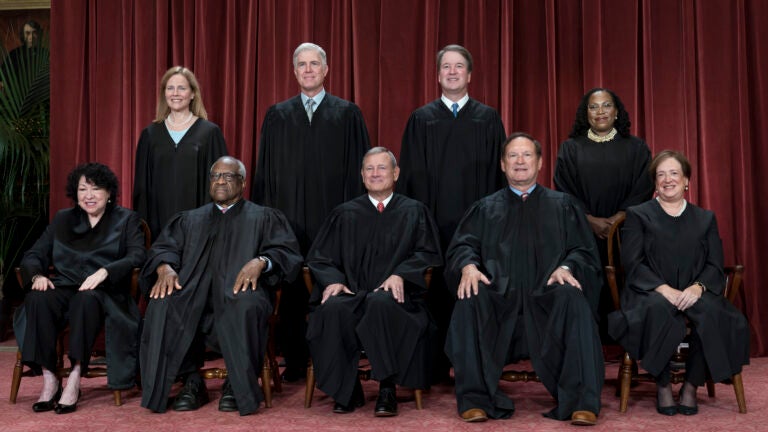The Supreme Court has scheduled a special session to hear arguments regarding former President Donald Trump’s efforts to dismiss charges against him in relation to his alleged attempts to overturn the 2020 election results. The case, set to be argued on Thursday, stems from Trump’s alleged illegal interference with the election outcome. Lower courts have ruled against Trump, stating that he cannot claim immunity for his actions. Trump is currently facing multiple charges, including conspiring to overturn the election and attempting to cover up an alleged sexual encounter.
The Supreme Court’s decision to expedite the case, although not as quickly as desired, raises questions about whether a trial can be held before the November election if the justices agree with the lower courts’ ruling that Trump can be prosecuted. This case follows a previous Supreme Court ruling that utilized the insurrection clause to prevent Trump from appearing on presidential ballots.
The central question before the Supreme Court is whether a former president enjoys immunity from criminal prosecution for actions taken during their tenure in office. This is a question that the Court has never had to answer before, as no former president has faced criminal charges. Both sides of the argument point to the absence of previous prosecutions to support their positions. Trump’s lawyers argue that subjecting presidents to criminal charges after leaving office would hinder their ability to function effectively, while the prosecution team emphasizes the unprecedented nature of the allegations against Trump.
Trump’s legal team cites the 1982 case of Nixon v. Fitzgerald, in which the Supreme Court held that former presidents cannot be sued in civil cases for actions taken while in office. However, the prosecution argues that this decision distinguished between civil lawsuits and the enforcement of federal criminal laws. They also reference the Supreme Court’s decision in the Watergate scandal, which forced Nixon to turn over incriminating White House tapes for use in the prosecutions of his aides. Additionally, they highlight President Gerald Ford’s pardon of Nixon, which was based on the understanding that Nixon faced potential criminal liability.
The timing of the immunity fight is crucial, as Trump seeks to delay the trial until after the election, potentially allowing him to drop the case if he regains the presidency. Prosecutors are pressing for a quick decision from the Supreme Court to restart trial preparations, which could take up to three months. However, if the Court delivers its decision in late June, there may not be sufficient time to commence the trial before the election.
Representing Trump is D. John Sauer, a former Rhodes Scholar and Supreme Court clerk to Justice Antonin Scalia. On the prosecution side is Michael Dreeben, a seasoned Justice Department official who argued numerous cases at the Supreme Court, including those related to criminal law. Of the nine justices hearing the case, three were nominated by Trump, but it is Justice Clarence Thomas, confirmed long before Trump’s presidency, who has attracted controversy due to his wife’s involvement in urging the reversal of the 2020 election results.

